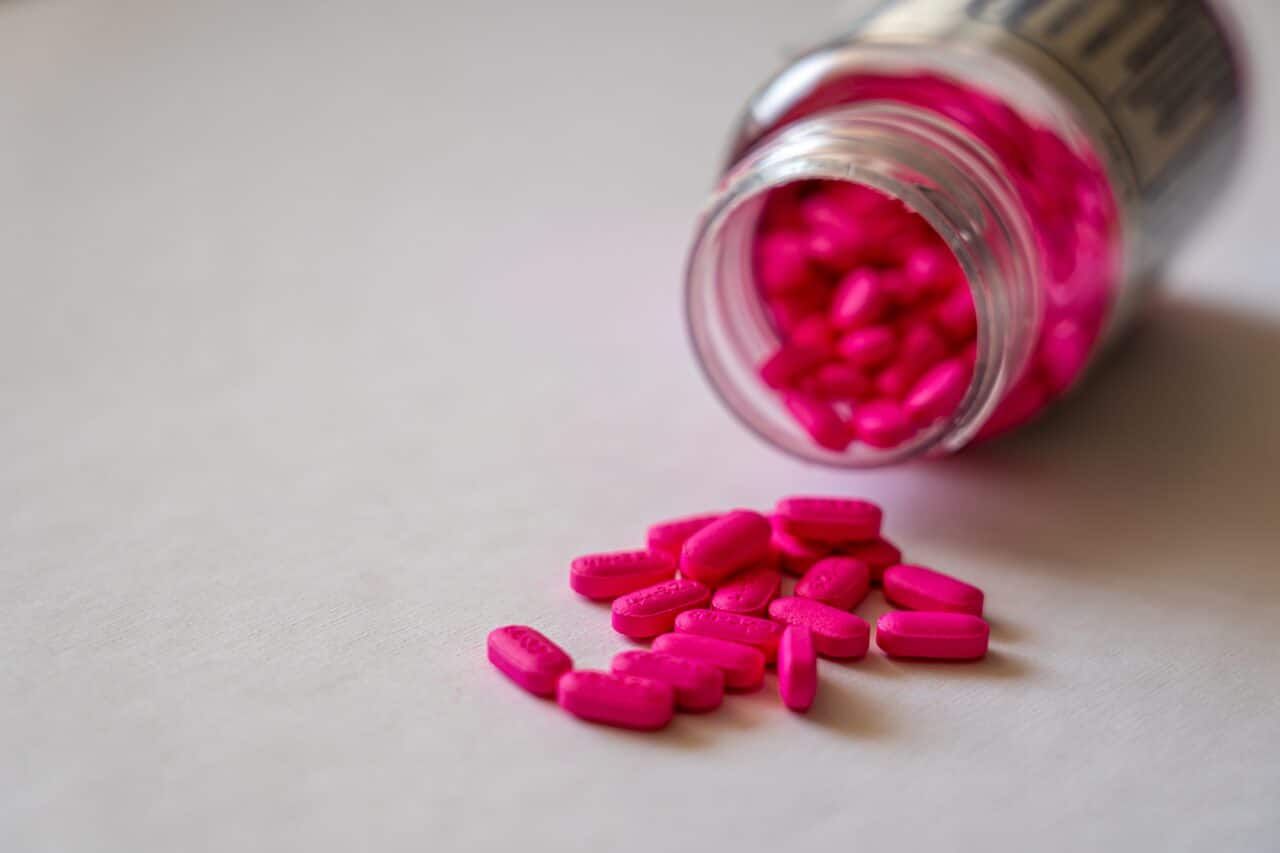Seasonal allergies can happen to pretty much anyone, including small children. If your young child comes home with a runny nose and watery eyes after playing at Woodruff Park or other areas in metro Atlanta where pollen levels are high, they likely have allergies.
You may wonder whether or not allergy medication is safe for young children to take. While there are some allergy medications that are generally well-tolerated by children, you do want to take precautions and make sure you’ve discussed any possible options with a pediatrician beforehand.
Let’s take a look at some medications and other possible treatment options for young children with allergies.
Avoiding Allergens

Avoiding or minimizing exposure to your child’s allergens is always the first step toward managing their symptoms. This may include doing things like checking pollen counts, keeping the windows of your home and car closed, and using an air purifier or dehumidifier in the home.
However, you don’t want to keep your child locked up indoors forever. If they have allergies to pollen, it’s pretty much impossible to avoid exposure completely. This is where medication may be helpful.
Common Allergy Medications for Kids
Always check with your pediatrician before giving your child any over-the-counter allergy medication. Make sure to read the labels and approved age range for any medication you might give. Some are approved for children as young as six months, while others are only to be taken by older children.
- Antihistamines. Research has shown that, in general, antihistamines have a good safety profile in children. There are non-drowsy medications formulated for children, like Claritin and Zyrtec, that are available in most stores and considered safe for kids two and older. Don’t give your child Benadryl or other sedating antihistamines unless approved by your doctor. Children under two can experience serious side effects from these, including a rapid heart rate and convulsions.
- Nasal sprays. Saline-only nasal sprays can help reduce stuffiness and help manage allergy symptoms in children and adults. It’s still important to check in with your pediatrician before using, though.
- Decongestants. Because decongestants can be stimulants, they shouldn’t be used in children under four. Even then, it’s important to get approval from a doctor first. Instead, you might want to first try using a cool-mist humidifier in their bedroom to help relieve their congestion.
Bottom Line
Always seek a doctor’s advice before giving your child allergy medication. It’s fairly rare for children under one to develop seasonal allergies, so have them examined by a doctor to see if it’s a cold or other virus causing their symptoms instead.
If your child does have allergies, an allergist can offer treatment advice, prescribe medications and see if immunotherapy may be an option for them.
For more information or to schedule an appointment with one of our specialists, call ENT of Georgia North today.